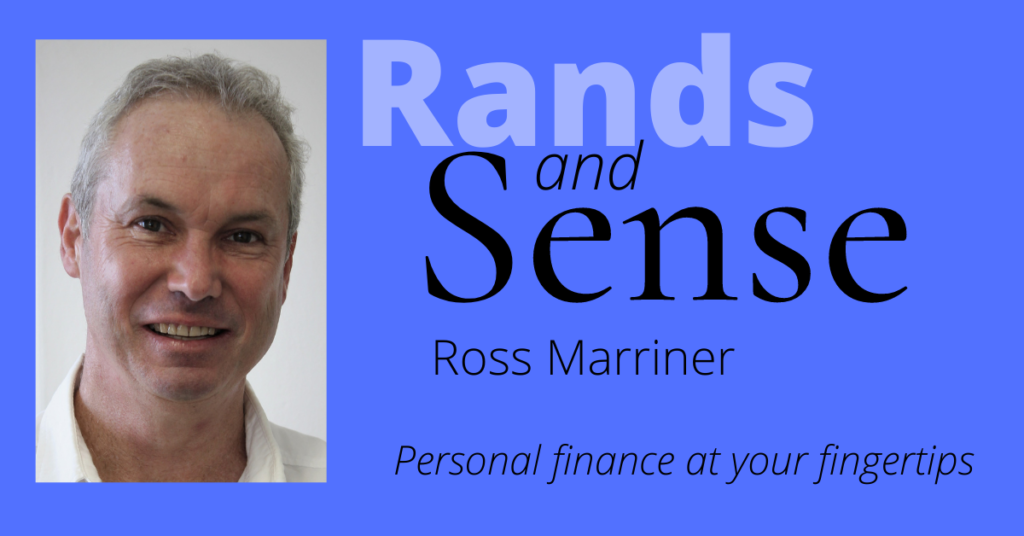An increasing number of South Africans have started to physically transfer some of their wealth offshore. Although investing offshore is not necessarily always a one-way bet, there are a number of good reasons as to why people should consider investing offshore. These include a wider range of investment opportunities abroad, the weakening of the rand and political instability. The recent discourse around expropriation of land without compensation has resulted in a heightened level of unease regarding the security of investments in South Africa.
One of the most important reasons for investing a portion of your wealth offshore should be to diversify your investments. The JSE accounts for less than 1% of the global economy and the range and quality of shares available to local asset managers and investors is relatively limited.
By diversifying offshore, you are able to invest in blue chip companies such as Microsoft, Apple, Facebook, Alphabet, Netflix and Amazon. A further advantage of having an offshore component to your investment portfolio is the hedging benefit that you obtain should the rand weaken against hard currencies such as the United States dollar. If the rand continues to weaken, as has been the case over the past few decades, the offshore component of your portfolio will increase in rand terms.
There are two ways you are able to physically transfer money from South Africa; (i) using the single discretionary allowance and (ii) using the foreign capital allowance.
The single discretionary allowance allows every South African resident 18 years or older, with a valid SA identity document, to transfer an amount of up to R1m offshore per calendar year.
The foreign capital allowance allows South African residents 18 years or older the opportunity to expatriate funds of up to a R10m per calendar year.
This is over and above the discretionary allowance. The difference between the two allowances is that the single discretionary allowance can be transferred offshore with few requirements and without regulatory approval, but prior approval from the relevant authorities is required in order to expatriate funds under the foreign capital allowance.
The decision as to where you invest your funds can be extremely challenging due to the vast number of offshore investment products, asset classes and service providers available.
A decision you should avoid is attempting to time the currency or equity market, as this is usually a futile exercise. Waiting for the rand to strengthen, or waiting for global equity markets to become cheaper, will only make reaching your investment goals more difficult.
Spending time in the market, rather than trying to time the market, is a far more effective investment strategy.
You as an investor now have a great deal of choice and access to offshore investments and this provides you with an excellent opportunity to further diversify your portfolio. An experienced Certified Financial Planner® will be able to assist you to navigate through the rules and regulations associated with offshore investing and help you make sound decisions.
• Rands and Sense is a monthly column, written by Ross Marriner, a certified financial planner with PSG Wealth.
His Financial Planning Office number is 046 622 2891


